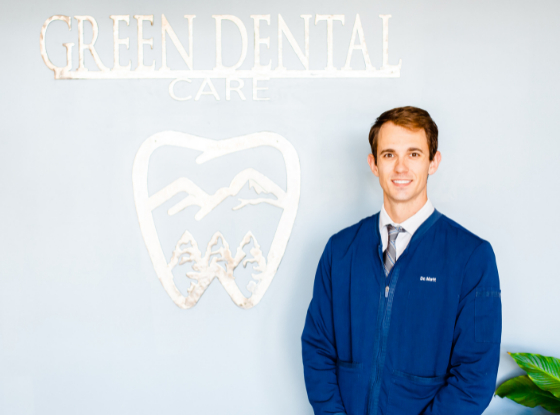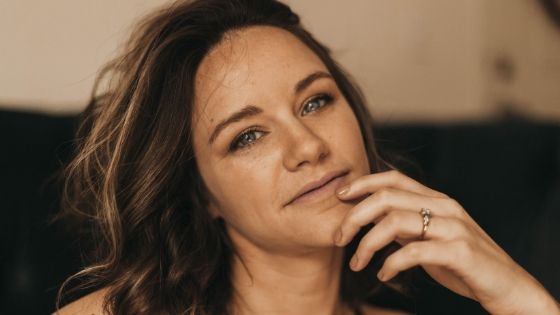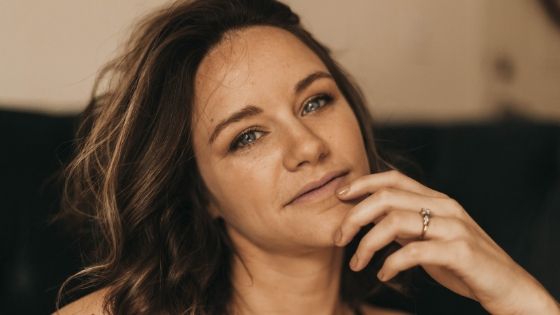Sedation Dentistry

Each year, millions of people in the U.S. keep away from making a needed visit to the dentist because of dental anxiety. If you get the jitters each time you think of a dentist, you are not alone. The Green Dental Care team in Parker, CO, understands your concerns, which is why they provide conscious sedation to ease any fear or pain that you may have. This article gives you an overview of what you need to know about conscious sedation dentistry in Parker, CO.
What Is Conscious Sedation?
Dr. Chris Green explains that conscious sedation refers to the ways through which a dental patient who panics or becomes anxious during a needed procedure can be helped to relax and go through that procedure comfortably.
The technique is called conscious sedation because you remain responsive throughout the procedure. The medication simply helps you to relax. This is different from general anesthesia that makes you unconscious until the medication wears off, or its effects are reversed by your Parker, CO dentist at the end of the procedure.
What Dental Procedures Can Conscious Sedation Be Used For?
Green Dental Care can offer conscious sedation dentistry for patients who feel anxious or have a low pain threshold yet they need to undergo procedures like dental cleanings, cavity treatment, root canals and many other procedures. Discuss your dental fears with Dr. Chris Green, and he will determine your suitability for conscious sedation dentistry.
How Are the Sedatives Administered?
The drugs used during conscious sedation dentistry can be administered in a variety of ways depending on the specific circumstances of a patient. For example, you may simply inhale the sedative through a mask placed on your face. Alternatively, the dentist in Parker, CO, may give you a pill that you take before your appointment. Some sedatives can be administered by giving you a shot in your arm or butt. If the situation warrants, Dr. Chris Green can also administer the sedative intravenously (using an IV).
How Long Do the Drugs Take to Kick In?
The mode of administration used has a bearing on how long you will have to wait before you start feeling the effects of the conscious sedation drugs that you have been given.
For example, sedatives administered orally could take anywhere between 30-60 minutes after ingestion while those given through an IV line kick in almost immediately. Dr. Chris Green will explain to you how long the sedative you receive will take to kick in before your procedure. Be assured that the professionals at Green Dental Care will not start the dental procedure until they are certain that the sedation is working as expected.
How Quickly Does Conscious Sedation Wear Off?
One key advantage of conscious sedation over general anesthesia is that conscious sedation wears off quickly. So, most people are able to go back home on their own. However, dentists in Parker, CO usually take the precaution of asking patients who undergo sedation dentistry to have a designated driver. The sedation usually wears off in an hour or so, but some side effects, such as feeling sluggish, could last the rest of the day.
What Are the Stages of Conscious Sedation?
Your Parker, CO dentist determine the degree to which you will be sedated after talking to you about your dental anxiety and other related factors. Three distinct stages of sedation exist.
The first is mild conscious sedation. This minimal sedation is also called anxiolysis. When you are minimally sedated, you become relaxed but remain fully aware of your surroundings and are responsive.
The second degree of sedation is moderate sedation. In this stage, you will be sleepy and may lose consciousness, but are still responsive to some extent.
Deep conscious sedation is a stage of sedation in which you fall asleep once the medication kicks in, and you will be unresponsive most of the time. This stage of conscious sedation is suitable for people with intense dental phobias.
Can I Develop Complications?
Like any other medicine, conscious sedation also carries some risks, even if it is considered safe. To minimize these risks, Dr. Chris Green will conduct a detailed evaluation of your overall health before deciding to administer conscious sedation.
It is therefore helpful for you to give the Parker, CO dentist your medical history as well as information about any medication and supplements that you are taking. This information will help Dr. Chris Green to design an appropriate plan for the sedation dentistry procedure. He may postpone the treatment if he discovers any circumstance, such as pregnancy, which elevates the risks of undergoing sedation.
If you are afraid, apprehensive or anxious, let Dr. Chris Green know. Your Green Dental Care team will use conscious sedation to help you keep your attention focused on your dental health rather than on the discomfort that you experience each time you undergo a dental procedure.



